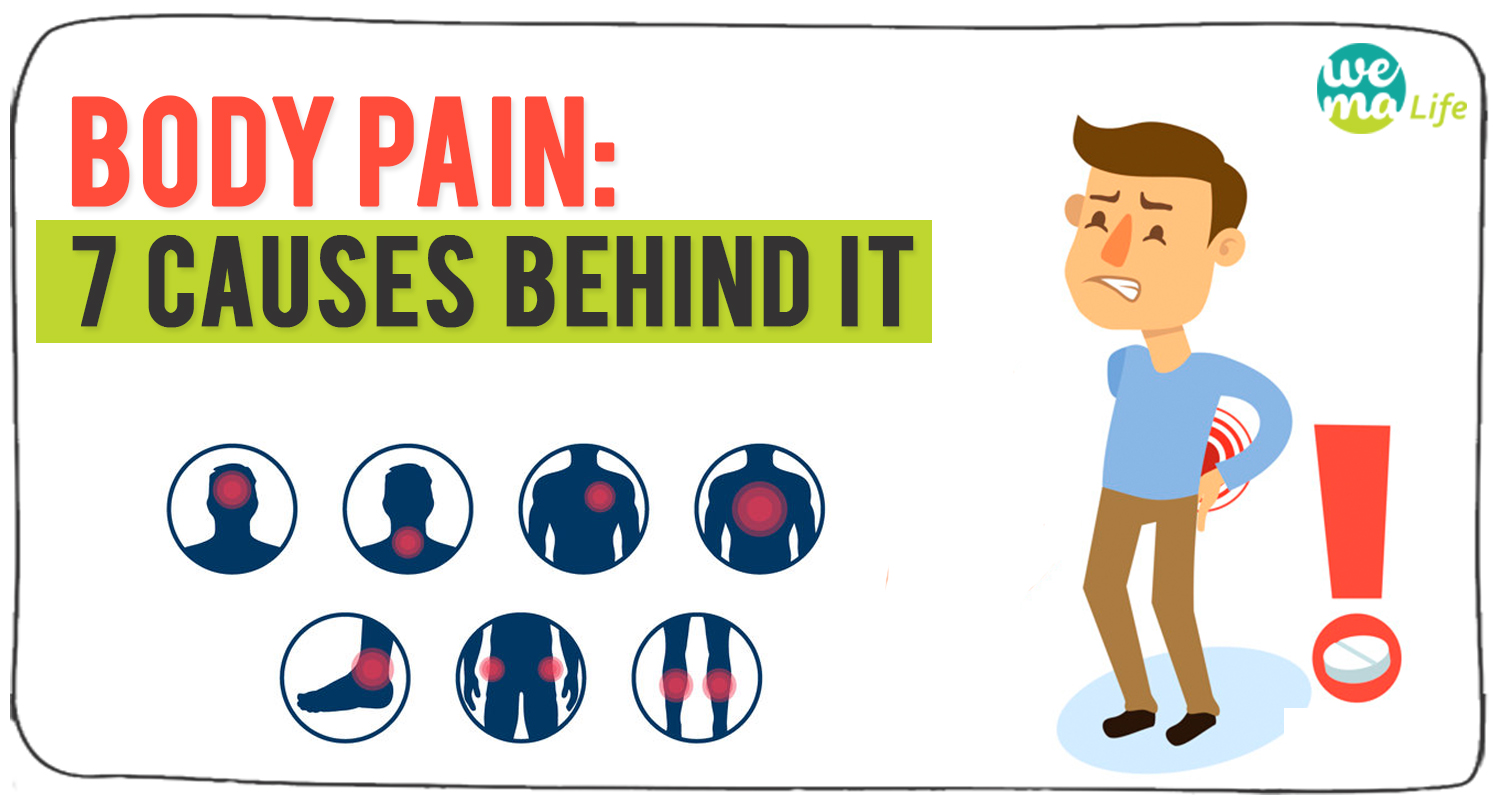Title: The Consequences of Excess Pain on the Human Body
Introduction:
Experiencing pain is a common occurrence in everyday life, but what happens when our bodies are subjected to an overwhelming amount of pain? This article aims to explore the impact of excessive pain on the human body and shed light on the potential consequences.
Body:
Excessive pain, whether chronic or acute, can have profound effects on various physiological and psychological processes. The body’s response to pain involves the activation of the nervous system, specifically the release of neurotransmitters and the stimulation of pain receptors. However, when pain becomes too intense or prolonged, it can lead to a range of negative outcomes.
Firstly, prolonged exposure to excessive pain can result in alterations in the body’s stress response system. Stress hormones such as cortisol are released in response to pain, but heightened and prolonged cortisol levels can disrupt immune function, impair memory and cognitive abilities, and even lead to mood disorders such as anxiety and depression.
Excessive pain can also have detrimental effects on the musculoskeletal system. Persistent pain can cause muscle tension and trigger protective mechanisms like immobilization or reduced functionality. Over time, this can lead to muscle atrophy, joint stiffness, decreased range of motion, and postural abnormalities.
Furthermore, chronic pain can disrupt sleep patterns, leading to sleep deprivation. Inadequate restorative sleep can impair immune function, cognitive performance, and increase the susceptibility to other health conditions, including cardiovascular diseases and obesity.
Lastly, it is crucial to acknowledge the potential psychological consequences of excessive pain. Living in constant agony can significantly impact a person’s mental well-being, leading to emotional distress, social isolation, reduced quality of life, and even suicidal ideation in severe cases.
Conclusion:
Taking into account the various detrimental effects of excessive pain on the human body, it becomes apparent that managing and treating pain should be a priority. Timely intervention, multidisciplinary treatment approaches, and addressing not only the physical but also the psychological aspects of pain can help mitigate the consequences and provide relief to those suffering. Additionally, raising awareness and promoting education on pain management can contribute to a better understanding of the importance of seeking appropriate solutions for excessive pain.
What can constant pain do to a person?
Regardless of its source, chronic pain can disrupt nearly all aspects of someone’s life – beyond physical pain, it can impede their ability to work and participate in social and other activities like they used to, impact their relationships and cause feelings of isolation, frustration and anxiety.

What is the best nerve pain medication for the elderly?
Anticonvulsants: Antiepileptic drugs such as carbamazepine, gabapentin, and pregabalin are mainly used for neuropathic pain. In elderly patients with renal impairment, dose adjustment of gabapentin and pregabalin is required. Carbamazepine currently is the first line therapy for neuralgia.
What happens when your body is in too much pain?
Typically, people experiencing acute pain will have an elevated heart rate, blood pressure and respiratory rate; they may shake or shiver, have goose bumps and pale skin. The more intense the pain, the more visible these signs and symptoms are.




